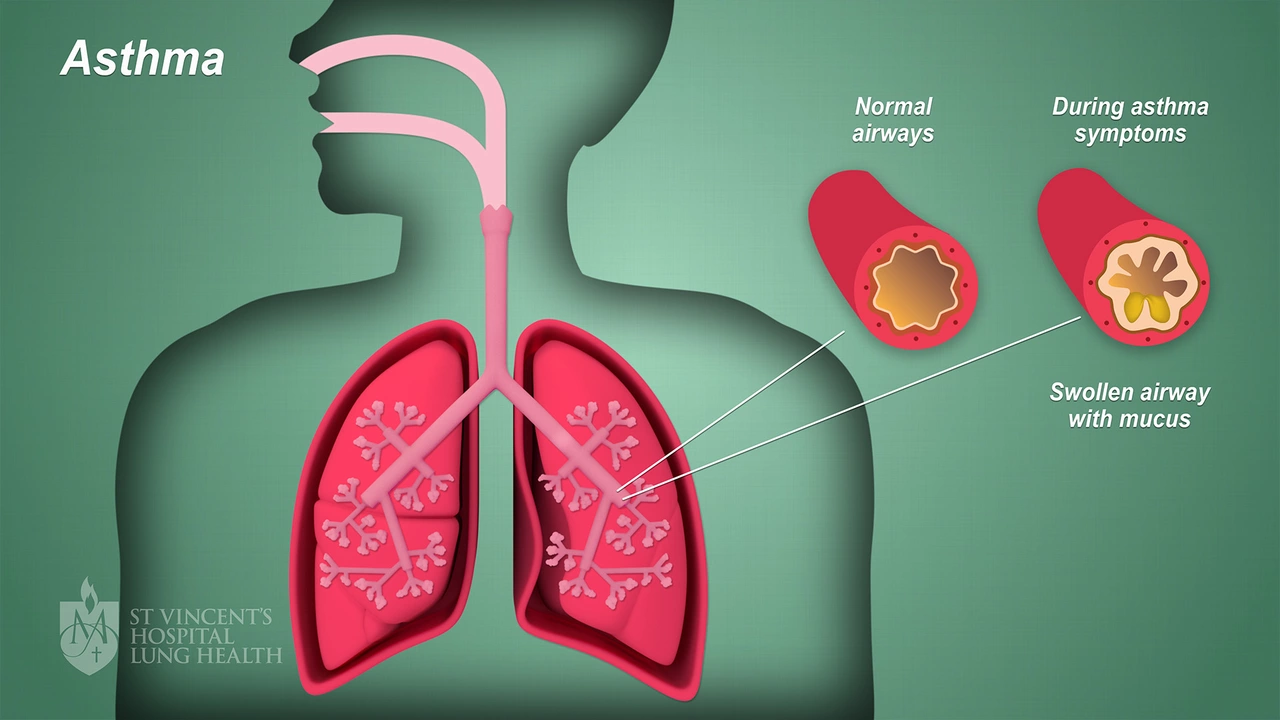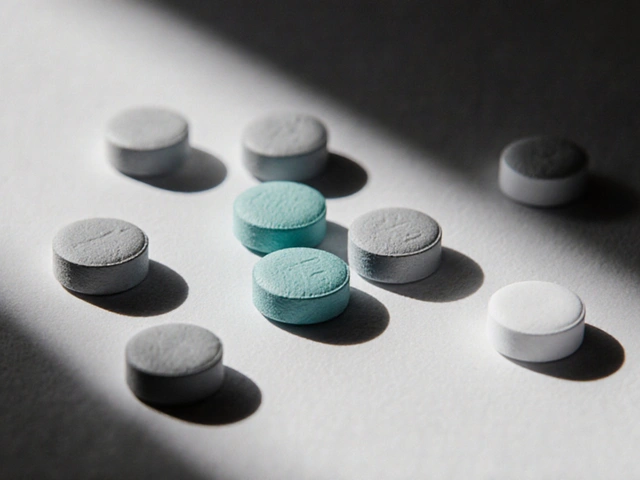Air Travel: Practical Health & Medication Tips
Flying should be about getting where you need to go, not worrying about meds, ear pain, or swollen legs. Want simple, reliable tips that actually work? Read these—each one helps you avoid the small problems that turn a trip into a headache.
Before You Fly
Pack all prescription meds in your carry-on, not checked luggage. Keep them in original packaging with the pharmacy label and bring a printed or digital copy of the prescription or doctor’s note. For insulin, inhalers, or liquid meds that exceed TSA’s 3.4 oz rule, declare them at security and separate them for screening. If you use needles or syringes, pack a doctor’s letter and a sharps case—airlines often require proof.
Check airline and country rules at least a week before departure. Some countries ban certain drugs or require paperwork. If you’re buying meds online before travel, use a reputable pharmacy and allow extra shipping time. Bring a small extra supply for delays—two to seven days extra is a good rule depending on your route.
For temperature-sensitive medicines, use a medical cooler or insulated bag. Many portable coolers are allowed in carry-on, but verify with the airline. If you need oxygen, book it early—most carriers require advance notice and only accept approved portable oxygen concentrators.
On the Plane
Want to avoid deep vein thrombosis (DVT)? Move every hour: stand, wiggle toes, and walk the aisle when it’s safe. Wear compression socks on flights longer than four hours. Drink water regularly and skip heavy alcohol or sedatives that increase dehydration and immobility risks.
Ear discomfort on takeoff and landing is common. Try swallowing, yawning, chewing gum, or the Valsalva maneuver (pinch nose, blow gently). If you have a cold or sinus congestion, use a decongestant before the flight—ask your pharmacist if it’s safe with your meds.
Motion sickness? Choose a window seat over the wing, face forward, and avoid greasy or heavy meals. Over-the-counter options like meclizine help for many people; scopolamine patches work too but check interactions with other meds first.
If you need to take meds on a strict schedule across time zones, plan ahead. Use your smartphone alarm and discuss dose timing with your doctor—especially for insulin or blood thinners. For occasional missed doses, follow your prescriber’s advice rather than guessing.
Finally, keep emergency contacts, insurance info, and a list of your medications in your phone and on paper. If something goes wrong, that quick access matters. Want help finding reliable pharmacies or travel-specific med guides? Top RX Market offers clear, practical resources to help you travel smarter and safer.

The Impact of Air Travel on Lung Inflammation
I recently came across some fascinating research on the impact of air travel on lung inflammation. It turns out that spending long hours in the pressurized environment of an airplane can cause our lungs to be more susceptible to inflammation. This is due to factors such as reduced air quality, low humidity, and the presence of airborne pathogens. As a frequent traveler, this information has definitely caught my attention and made me rethink how I can better protect my lungs during flights. I'll be sure to look into ways to minimize these risks and share my findings with all of you in a future blog post!
Health and WellnessLatest Posts
Tags
- online pharmacy
- medication safety
- generic drugs
- medication
- dietary supplement
- side effects
- online pharmacy UK
- drug interactions
- mental health
- impact
- online pharmacies
- statin side effects
- dosage
- generic vs brand
- pediatric antibiotics
- antibiotic side effects
- skin health
- health
- pain relief
- dietary supplements




